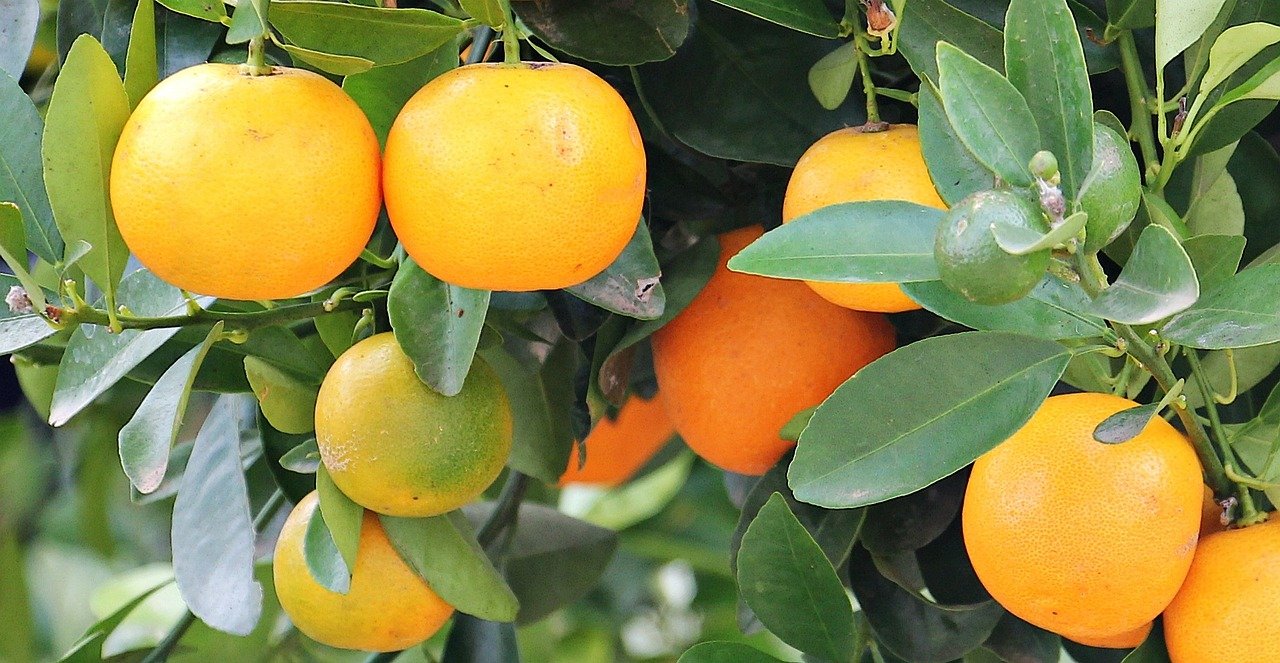Explore a Q&A on the State of the Florida Citrus Processing Industry with Kristen Carlson with the Florida Citrus Processors Association.
The executive director of the Florida Citrus Processors Association, Kristen Carlson, recently sat down for a Q&A session with a writer with Citrus Industry Magazine. The Florida Citrus Processing Industry processes the juice oranges Florida citrus growers produce and process it into juice. See highlights from the Q&A below.
Info on the State of the Florida Citrus Processing Industry
Q: What are the current opportunities in Florida citrus processing?
A: “There is some excess capacity in Florida should the citrus greening situation improve, and Florida increases its box production. Greening has decreased the yield of boxes per tree. With less impact from greening, total boxes will grow and hopefully the season will stretch longer. Traditionally, we processed to the end of June. Now we are lucky if the fruit holds on the tree until the middle of May…”
Q: What are the current challenges facing Florida citrus processors?
A: “Citrus processing is a capital-intensive operation with high fixed costs. The shrinking crops in Florida have increased costs. Grower costs have increased dramatically over the last decade. This total increase has contributed to declining demand for orange juice. Lower demand has also forced some processors to close their doors…”
Q: How will OJ imports affect this citrus season?
A: “We saw last year that high inventories and a decent Florida crop caused prices to collapse for the fruit that was not contracted. While this volume was small, it was financially devastating for the growers who contracted fruit in the $1.00 to $1.25 range. With smaller inventories and a smaller crop, imports will supply the concentrate market, but Florida will supply the vast majority of the not-from-concentrate (NFC) market in the United States. The percent of Florida crop processed as NFC should go from 78 to at least 85 percent this season.”
Q: How has coronavirus impacted Florida citrus processing?
A: “The coronavirus has caused major changes in operations, but it has not impacted the Florida processors’ ability to process fruit. The coronavirus has caused major changes in the marketplace. Multi-serve packages found in grocery stores have seen a significant increase in sales this year, while foodservice and convenience stores have seen a sharp decline.
Overall, sales are up for the first time in many years. Consumers have spent more time at home and have wanted to be healthy. This has given the Florida industry a wonderful lift as excess NFC inventory in Florida is consumed. “
Q: What is the current supply and demand situation for OJ and how will it affect Florida growers?
A: “NFC inventories are back to normal levels, and with the smaller crop, these are bullish signs for the grower. However, there is a limit to how high prices might go for Florida fruit. At some level, it will be more attractive to import NFC. The big gap between fruit prices (NFC) and futures prices (concentrate) is because it is much more expensive for importers to deliver NFC to the United States than concentrate.”
Q: How do you think the prices growers will get this season for juice oranges will compare to last season?
A: “Most fruit is sold on long-term contracts. So, while the cash price contracted with growers is important, it represents a small percent of the volume. Long-term pricing is key for growers to achieve the stability necessary to operate a business for the long run.”
Griffin Fertilizer is committed to helping both growers and ranchers make sound agronomic and economic decisions in order to maximize the health of their grove and pasture. As a full-service custom dry & liquid fertilizer blender and crop protection product distributor, we will continue our mission to further advance Florida agriculture. For questions or concerns about your farm or pasture, contact us and one of our team will be in touch.

